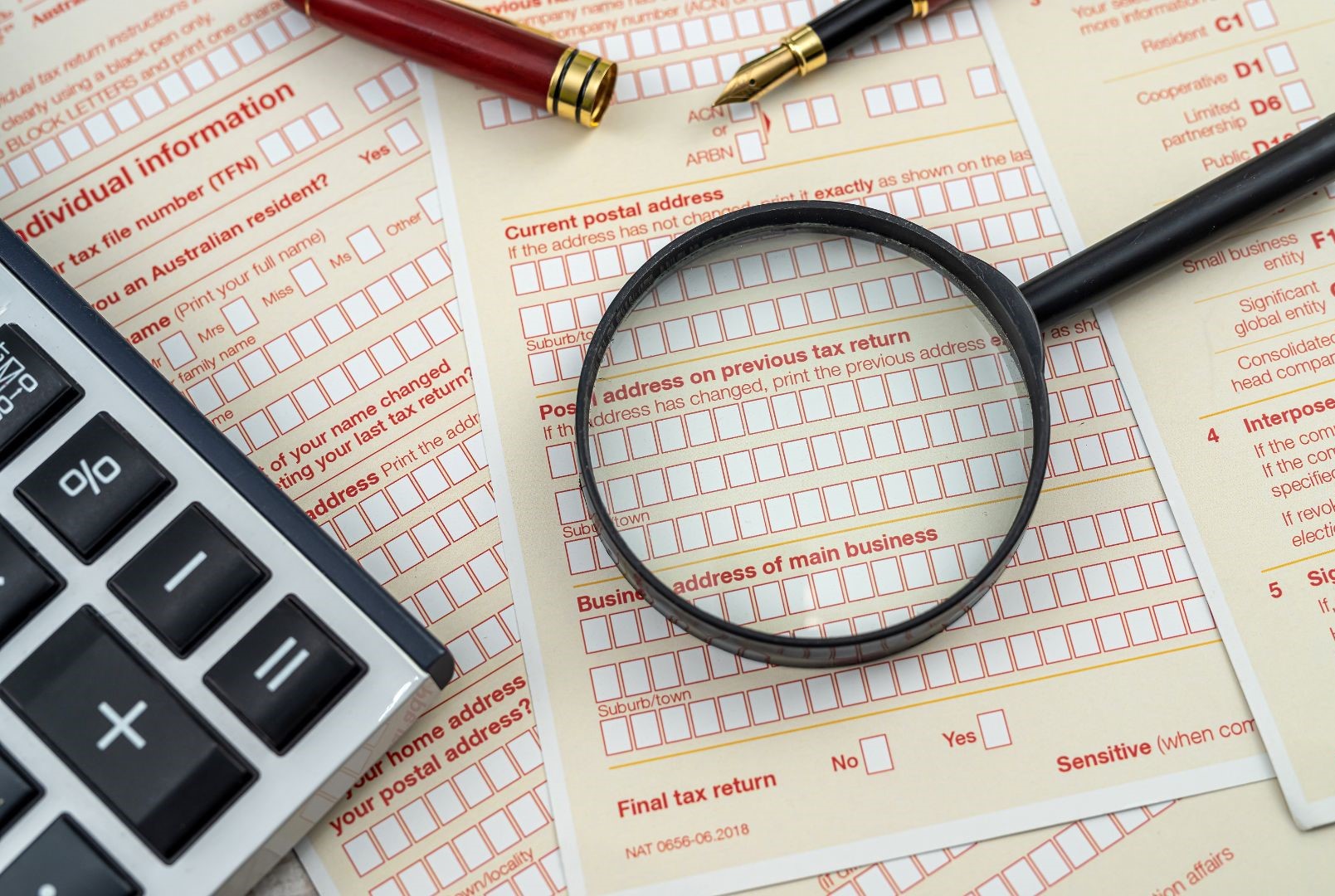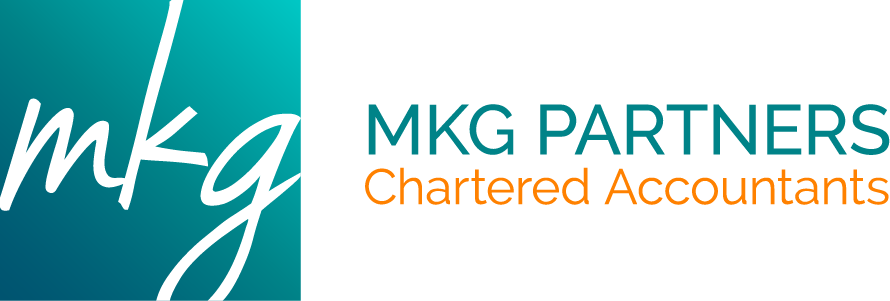ATO Focus Key Areas for 2025
The ATO’s compliance activities in 2025 continue to be guided by one key principle: data-led, risk-based enforcement. With expanded third-party reporting and greater integration across government systems, the ATO is now better equipped to identify inconsistencies in income reporting, deductions, and lodgment behaviour. This year’s key focus areas reflect long-standing risk zones as well as emerging concerns including cryptocurrency, trust distributions, and work-from-home claims under revised guidelines. Below is a summary of where scrutiny is expected to be highest and what steps individuals and business owners should consider.

Work-Related Expenses and Revised WFH Claims
The ATO remains focused on work-related expense claims, particularly those that are not properly substantiated. One key area of concern is working from home deductions, especially under the updated fixed rate method of 70 cents per hour.
To use this method correctly, you must meet strict record-keeping requirements, including:
-
A record of all hours worked from home for the entire income year (e.g. calendar entries, rosters or timesheets).
-
Evidence of expenses covered by the fixed rate, such as phone and internet bills, electricity, stationery and computer consumables.
-
Separate records for depreciating assets like office chairs, desks or monitors, which are not included in the 70 cents/hour rate.
A common issue is taxpayers estimating hours or relying on a short-term log, which is no longer sufficient. The ATO will expect a full-year record of actual hours worked from home, not just a representative sample. It is also important to keep at least one document (such as a bill or invoice) for each type of expense included in the rate.
What to do: Keep a running record of hours worked from home across the entire year and retain supporting bills for eligible expenses. If you purchased office equipment, keep the receipt and determine whether it should be claimed separately under depreciation rules. For more details, visit ATO: Record-Keeping for fixed rate method.
Rental Property Deductions and Loan Apportionment
The ATO continues to review rental property claims closely, particularly where deductions are overclaimed or records are incomplete. If you own a residential investment property, you can claim many expenses, but only when they directly relate to earning rental income.
You can typically deduct things like council rates, agent fees, insurance, repairs, and interest on your investment loan. However, mistakes often happen when:
- The property is used privately or not genuinely available for rent.
- Interest is claimed on the full loan when part of it was redrawn for personal use.
- Capital improvements (like renovations) are incorrectly claimed as repairs.
For example, if you redraw from your rental loan to buy a car or renovate your home, you can’t claim the interest on that portion. The ATO matches data from banks and booking platforms, so inconsistencies are easy to spot.
What to do: Check that interest is only claimed on the portion of the loan used for the rental property. Ensure any improvements are treated as capital works and depreciated appropriately. And if you’re offering short-term stays, make sure every booking is reported. Learn more at ATO: How to claim rental expenses.
Small Business Benchmarks and Record Keeping
The ATO uses small business benchmarks to compare your income and expense patterns with similar businesses in your industry. These benchmarks are based on real data and help identify businesses that may be under-reporting income or claiming unusually high deductions.
You are more likely to attract ATO attention if your reported figures fall outside the typical range for your industry, especially in cash-heavy sectors such as hospitality, trades, retail, or personal services.
Common risk areas include:
- Vehicle or travel expenses without a valid logbook or business justification.
- Personal costs, such as meals or electronics, claimed through the business.
- Unexplained discrepancies between sales, purchases and reported income.
- Late or missed lodgments of BAS, PAYG or superannuation.
However, benchmarks are not just a tool the ATO uses to detect problems. They can also help business owners assess their own reporting and performance. Reviewing your figures against your industry’s benchmark can be a useful check to make sure everything adds up.
What to do: Review the ATO’s benchmark data for your industry and compare it with your business figures. Maintain proper records for all claims, ensure personal and business costs are kept separate, and stay on top of your reporting deadlines. Access the benchmark data at ATO: Small business benchmarks.
Crypto, Capital Gains, and Investment Reporting
The ATO is paying close attention to crypto and investment activity, with data-matching now in place across major exchanges, brokers and even some overseas platforms. Capital gains tax applies when you sell, swap or dispose of assets like crypto, shares and ETFs, and the ATO is actively reviewing returns for under-reported activity.
Common risk areas include:
-
Selling or swapping crypto assets without reporting capital gains or losses
-
Omitting income from DeFi platforms, staking, or NFTs
-
Ignoring overseas trading platforms that may not report to Australian systems
-
Incorrect cost base calculations for CGT purposes
-
Underreported dividend income or foreign investment returns
Even small or one-off transactions may need to be reported. If the ATO sees a mismatch between your return and third-party data, it may follow up.
What to do: Keep full transaction histories, including acquisition and sale dates, wallet addresses, and valuations. Use a crypto tax tracking tool if your volume is high. Match your dividend and distribution income to pre-fill reports and don’t ignore foreign income. Learn more at ATO: Crypto asset investments.
Lifestyle Indicators and Cash-Based Income
One of the ATO’s long-standing methods for identifying tax risks is comparing a taxpayer’s lifestyle and asset ownership with their declared income. If you’ve purchased a car, boat, or property that seems out of line with your earnings, the ATO may investigate how it was funded.
This also ties in with their focus on the cash economy and undeclared side income, such as:
- Freelance or gig work (e.g. tutoring, delivery driving, handmade goods)
- Hospitality or trades income not banked or reported
- Low-salary business owners funding personal expenses through company accounts
The ATO runs data-matching programs that pull information from financial institutions, property transactions and motor vehicle registries to build a profile of your financial position.
What to do: Make sure all income is reported, even from casual or side work. If you operate a business, keep accurate records of all takings, and ensure your declared income reflects your actual lifestyle. Read more on how data matching works at ATO: Data mactching.
The ATO’s focus for 2025 is driven by smarter data-matching and greater access to third-party information. That means inconsistencies are easier to detect, and accurate record-keeping matters more than ever. Whether you’re claiming deductions, reporting income or managing investments, staying organised and honest in your reporting is the best way to avoid unwanted attention. At MKG Partners, we encourage all clients to stay across these key areas and make record-keeping a regular habit. Taking the time to get it right now will make future lodgments smoother and far less stressful.


